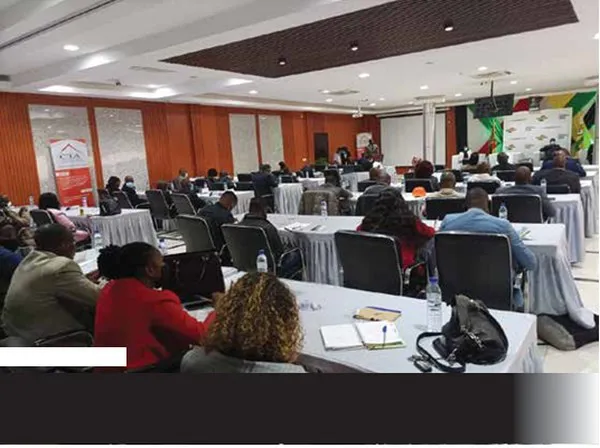“Removing the barriers that keep women and girls on the margins of economic, social, cultural and political life must be a top priority for us all – businesses, governments, the United Nations and civil society.”
This call made in 2015 by former UN Secretary-General, Ban Ki-moon, is a reminder that inclusive economic growth requires creating an enabling environment where both men and women can perform to the best of their abilities.
The voices are becoming much louder and the evidence is clear that empowering women economically will improve the livelihoods of people and contribute to poverty reduction with unprecedented margins.

The International Trade Centre (ITC) notes that women play a major role in the global economy because they “invest more in their families than men do, in areas such as education, health, and nutrition, creating a secure foundation for the future of their families and communities.”
Considering this contribution, ITC concludes that “empowering women economically, especially through their involvement in trade, creates job opportunities for everyone.”
This is true for Africa where women reportedly make up most players in African trade through buying and selling of various products across sectors and borders and through the delivery of services that support economies.
The participation of women in critical economic activities, export business included, is thus crucial for the development of African economies.
As Africa inches closer toward full economic integration, with trading under the Africa Continental Free Trade Area underway, the focus is now on ensuring that women are empowered enough to play their role more effectively in a growing trade.
What is important going forward is ensuring that actual opportunities are made available to women, particularly in economic areas such as production, manufacturing, and value-addition.
Launched in March 2022 at a grand event befitting of celebrating women in business, the aptly named program: NEXT She Exporter, is a first-of-its-kind export development program targeted at identifying women in business and developing them to meet the demands of trade in export products and services.
The program is targeted at wholly female-owned businesses, or women hold at least 51 percent shares of the business.
Following a call for expression of interest to participate in the program, the selection process for women-business who will embark on the year-long program has been concluded and the initial training sessions started in the last week of June.
The selection was based on enterprises with the potential to export, are environmentally friendly, and socially responsible businesses with an enterprise model that demonstrates a unique comparative advantage.
For more information:
Trade Zimbabwe
[email protected]
www.tradezimbabwe.com
